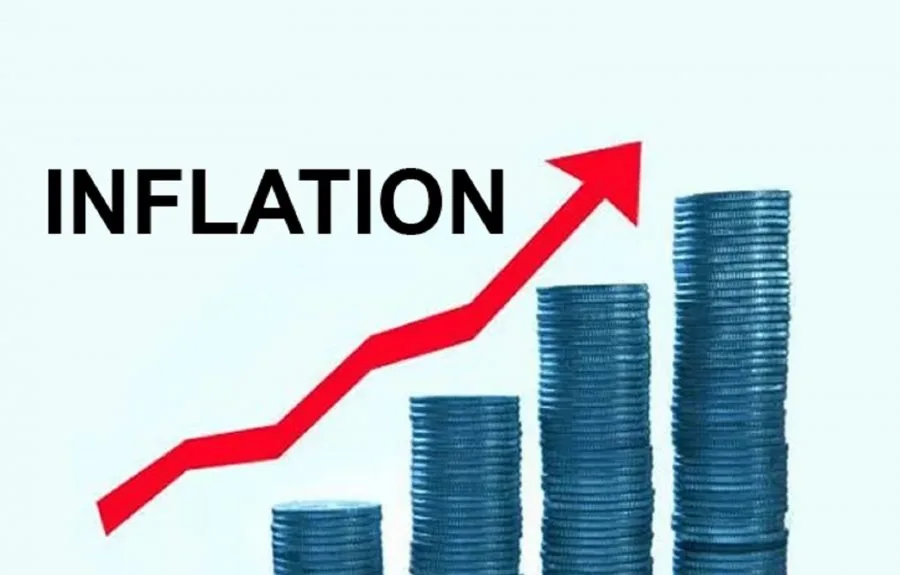Money blog: Inflation rises for first time since last year - here's why and what it means for interest rates
Inflation rate could keep ticking up, economist says

Inflation rate could keep ticking up, economist says
An uptick in inflation was always expected and there could be further increases ahead, an economist has said.
Yael Selfin, chief economist at KPMG, told Sky News the "good news" is core inflation - a key measure monitored by the Bank of England - is coming down.
"But what we do have is energy prices making that headline inflation slightly jumpier, because we had falls in energy prices last year and this year they [will be] going up a little bit again. "So overall it's upward pressure again on inflation from energy prices."
The "main worry" is whether an uptick in inflation - which could reach 3% later this year - would "feed into stronger wage growth", causing further concern for the BoE, she added.
What's behind the rate rise?
Let's have a look at what drove a slight rise in the headline inflation rate to 2.2%.
The latest numbers show that downward contributors (ie data that would drive a drop in inflation) in five divisions were offset by upwards contributions from four divisions...
The biggest upward pressure in the headline figure came from housing and household services - encompassing gas and electricity prices, which fell by less than they did last year.
"Although energy prices are lower in July than they were a year ago and are much lower than their peak in the first quarter of 2023, gas and electricity prices are still around 68% and 45% higher, respectively, than in March 2021," the Office for National Statistics said.
What impact will today's data have on interest rate cuts?
Interest rates have been kept high to squeeze the economy and slow down price rises - reducing inflation.
But today's upward movement in inflation is unlikely to set back hopes for more base rate cuts from the Bank of England, analysts say.
In fact, the chances of a September cut have risen slightly - with market forecasts up from 36% yesterday to 45% today.
Markets still think there are two cuts to come this year, bringing the base rate down to 4.5%.
Capital Economics analysts say inflation actually rose less than expected, and that the data behind headline inflation is encouraging...
"The sharp fall in services inflation from 5.7% to a two-year low of 5.2% will reassure the Bank of England that the disinflation process is on track and opens the door to more interest rate cuts later this year."
Capital notes that core inflation and fuel inflation are also down.
"The main surprise was that the fall in restaurants and hotels inflation from 6.2% to 4.9% was bigger than the drop to 5.6% we had forecast.
"And importantly for the Bank of England, the decline in services inflation from 5.7% to 5.2% was much bigger than anyone anticipated."
Capital believes interest rates will fall throughout next year to a landing point of 3%. Markets currently think 3.5% is a more likely destination in 2025.
Shadow chancellor Jeremy Hunt says the latest inflation figures show "how important it is that the new Labour government follows the path of the previous Conservative government and focus on keeping inflation low".
"In government, we took the difficult decisions to reduce inflation from 11.1% to the Bank of England's target of 2% – paving the way for the first interest rate cut in four years," he said.
"However, there is clearly more to be done to keep inflation down."
Mr Hunt added that chancellor Rachel Reeves "must not use this data as an excuse to break her promises and hike up taxes".
-SKY NEWS







